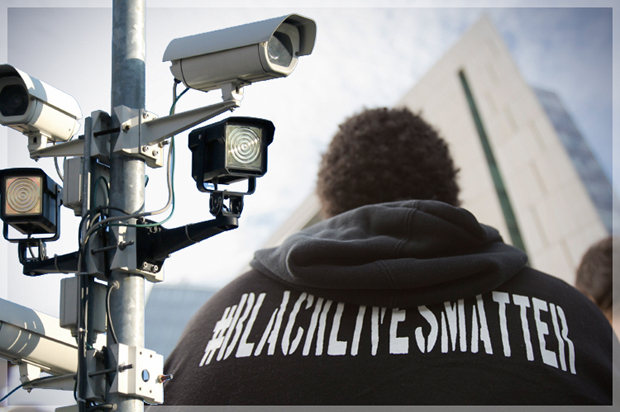Last Friday, I hustled over to the John Jay College of Criminal Justice for the second annual American Justice Summit, a day-long symposium on criminal justice reform put together by the college, the Ford Foundation, and Tina Brown Live Media. The summit featured an eclectic mix of people; Usher spoke in the morning, while Eric Holder wrapped things up. The variety kept things interesting — but it was a testament to just how widespread support for reform has become among elites, too.
Beyond the need for radical reform, there wasn’t really a single message of the event. It was too expansive in its focus. That’s not a criticism, mind you. The expansive focus wasn’t the result of disorganization or a lack of clarity. It was a reflection of the fact that, yes, criminal justice in the United States really is that fucked up. Mass incarceration, gun violence, police brutality, corrupt law enforcement, solitary confinement — each represents a legitimate crisis. Go ahead, take your pick.
Real progress is being made on all these fronts, so I don’t want to leave you feeling hopeless. At the same time, though, I have to admit that what occupied my mind as I thought about all I had seen and heard was pretty dour. Because here’s the thing about criminal justice reform — and it’s the stumbling block that is so big, it leads some who look upon it in a state of despair. It’s not so much a series of policies that need changing. It’s us.
To give you a sense of what I mean, I’m going to quote something that UC Santa Cruz Professor Craig Haney said when the moderator asked him whether he was optimistic about reform. “It took us 40 years to get here,” he responded, referring to our status quo of mass incarceration, over-criminalization, and law enforcement militarization. “This will not change overnight. It runs deep in the culture that we live in, and it has to be addressed on that deep level.”
What is the “it” here? Well, as you’d probably imagine, it has to do with race and white supremacy. But it’s not racism, full stop. It’s more complicated — or perhaps it’s better to say that it’s more nuanced. Because “racism” tends to conjure up images of klansmen, Bull Connor, and, increasingly, Donald Trump. People hear the word and think you’re talking about hate and the self-conscious demonization of others. And “self-conscious” is one thing America’s criminal justice system is most definitely not.
What it is, really, is supreme indifference. Don’t get me wrong; I know that’s a form of racism, too. But it’s a subtler form, and perhaps more insidious for that fact. It’s not the conviction that all black and brown people must be violently subjugated. It’s the indifference that — in response to millions of lives ruined, countless communities devastated, and a social contract in tatters — shrugs its shoulder and says, “So what?”
You could call it the ghost of the three-fifths compromise, I suppose. Except ghosts aren’t real. They can’t hurt anybody. But as panel after panel at the American Justice Summit confirmed, hurting people, on a daily basis, is not ancillary to the criminal justice system in America. It’s central; it’s what it does. Yet because the American mainstream regards those whom the system brutalizes as less-than, we don’t get radical reform. We get summits.
Until a phrase like Black Lives Matter is self-evident, in other words — until the American mainstream cares enough about black and brown people that it stops seeing the recognition of life’s preciousness as zero-sum — the task of reforming American criminal justice will be an uphill slog. It was encouraging to see so many smart, dedicated people talking seriously about reform at the second annual American Justice Summit. Less welcome was the realization that there are many more anniversaries to come.

